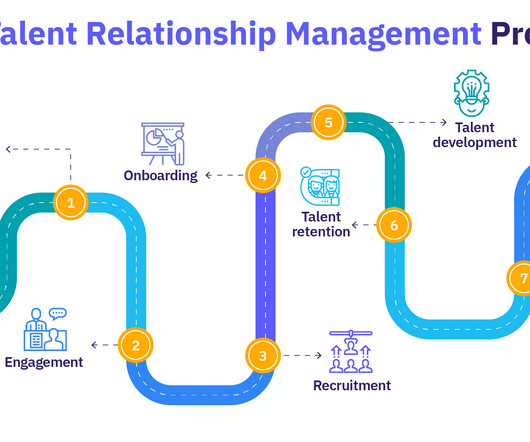What Is Human Resources?
Analytics in HR
JULY 31, 2023
What is Human Resources? Human Resources is both a function and a department within an organization. As a function, HR covers the processes, practices, and strategies to attract, develop, and retain employees who contribute to the company’s overall success. What is HR Management?



















Let's personalize your content